In today’s rapidly evolving technological landscape, the rise of Artificial Intelligence (AI) has become an undeniable force. While AI offers numerous benefits and opportunities, it also raises concerns about the displacement of jobs. This article explores the impact of AI on the workforce, examining how it is transforming various industries, the potential consequences for workers, and strategies to navigate this transformative era.
The Transformative Power of AI
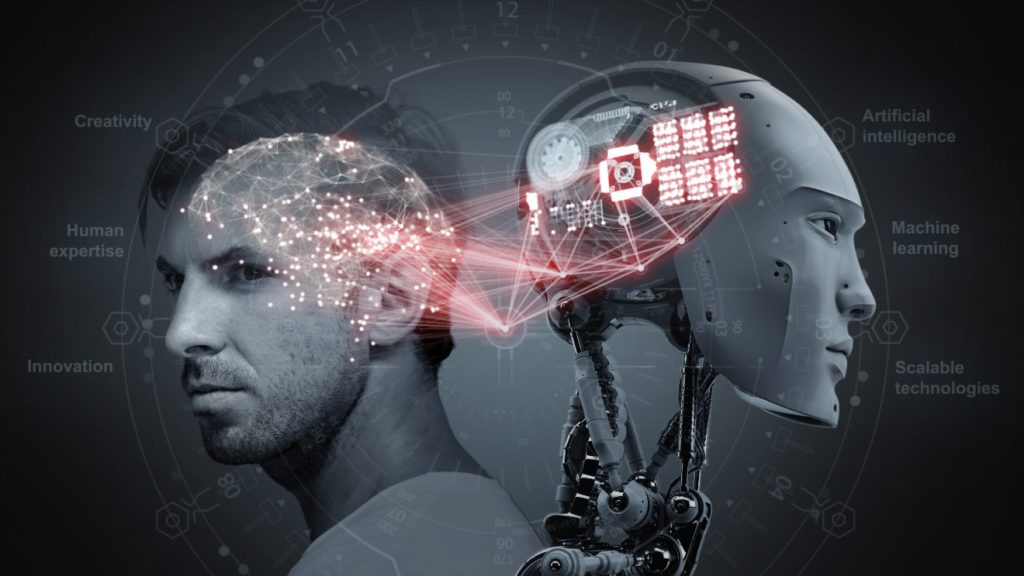
AI is revolutionizing industries across the board. In healthcare, AI-driven diagnostic tools can analyze medical images and patient data with unprecedented accuracy, improving patient care. In manufacturing, robots and autonomous systems are enhancing efficiency and precision. The financial sector benefits from AI-powered algorithms that analyze vast datasets to predict market trends. These examples demonstrate the significant potential for AI to reshape the way we work.
The Potential Consequences
While AI offers tremendous potential, it also poses challenges to the labor market. Routine and repetitive tasks are at a higher risk of automation, potentially displacing workers in industries like manufacturing and data entry. Service industries may see the introduction of AI-powered chatbots and virtual assistants, reducing the need for customer service representatives. The potential displacement of jobs raises concerns about unemployment and income inequality.
The Evolution of Work
As AI continues to advance, the nature of work is evolving. Workers are increasingly required to adapt and acquire new skills to remain relevant in the job market. Education and continuous learning are becoming essential components of career development. Employers are seeking individuals with a blend of technical and soft skills, emphasizing creativity, problem-solving, and adaptability. The gig economy and remote work are also on the rise, providing flexible opportunities for workers.
Strategies for Navigating the AI-Powered Workforce
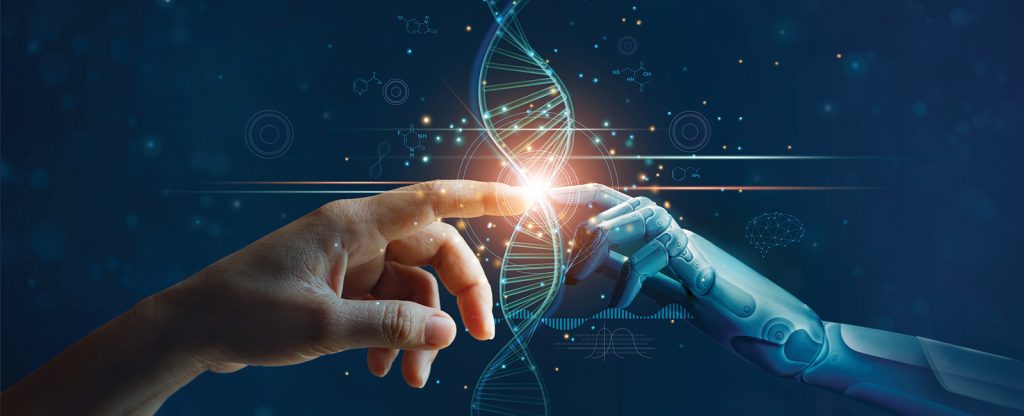
To thrive in the AI-driven workforce of tomorrow, individuals and organizations can employ several strategies:
1. Embrace Lifelong Learning
Continuous learning is vital to stay competitive in a rapidly changing job market. Individuals should invest in acquiring new skills, whether through formal education, online courses, or on-the-job training. Employers can support this by providing learning opportunities and resources to their employees.
2. Develop Soft Skills
AI may excel in technical tasks, but it lacks emotional intelligence and creativity. Developing soft skills such as communication, empathy, and critical thinking can set workers apart from machines. These skills are essential for roles that require human interaction and decision-making.
3. Collaborate with AI
Rather than viewing AI as a threat, workers should embrace it as a tool to enhance their productivity. AI can automate repetitive tasks, allowing workers to focus on more complex and strategic aspects of their jobs. Collaboration between humans and AI can lead to more efficient and innovative solutions.
4. Foster a Culture of Adaptability
Organizations should promote a culture of adaptability and change resilience. This involves encouraging employees to embrace new technologies and adapt to evolving job roles. Creating a supportive environment for experimentation and innovation can lead to a more agile workforce.
5. Address Socioeconomic Impact
Policymakers, businesses, and educators must work together to address the potential socioeconomic impact of AI-driven job displacement. Initiatives like retraining programs and universal basic income experiments can help mitigate the negative effects on displaced workers. The rise of AI is reshaping the workforce, offering both opportunities and challenges. To navigate the AI-powered workforce of tomorrow successfully, individuals and organizations must prioritize lifelong learning, soft skill development, collaboration with AI, adaptability, and addressing the socioeconomic impact. By taking proactive steps, we can harness the transformative power of AI while ensuring a prosperous and inclusive future for all.

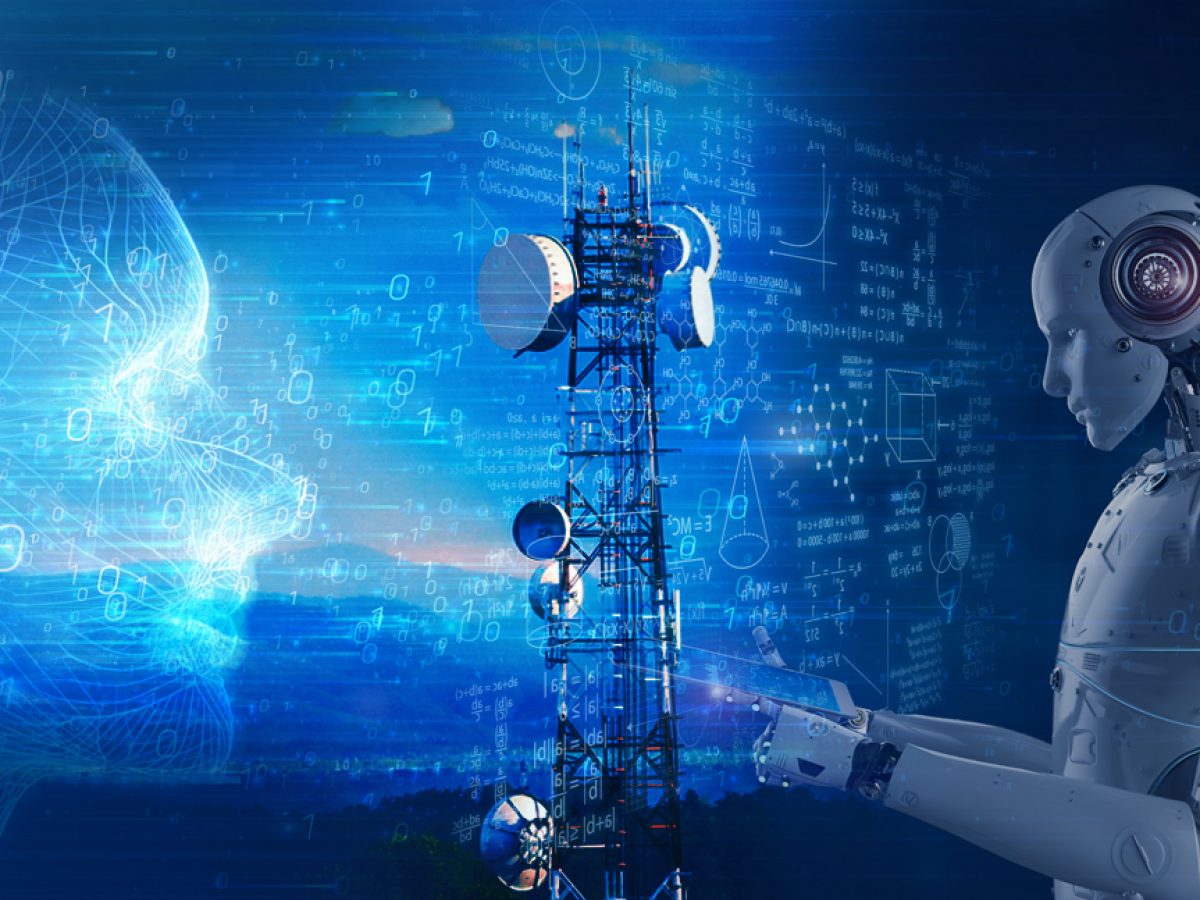
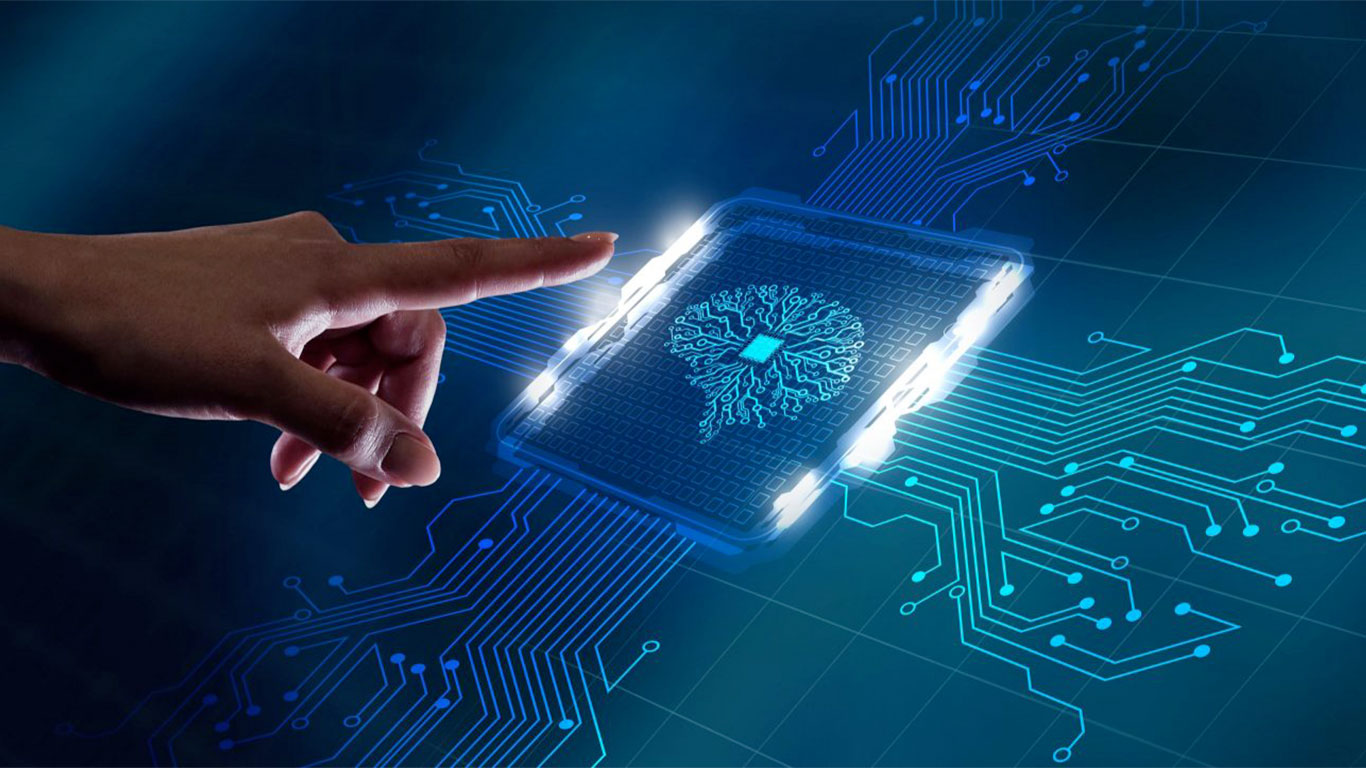
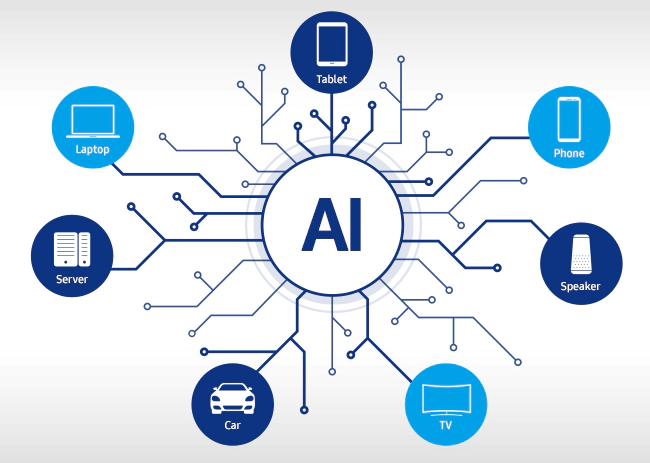
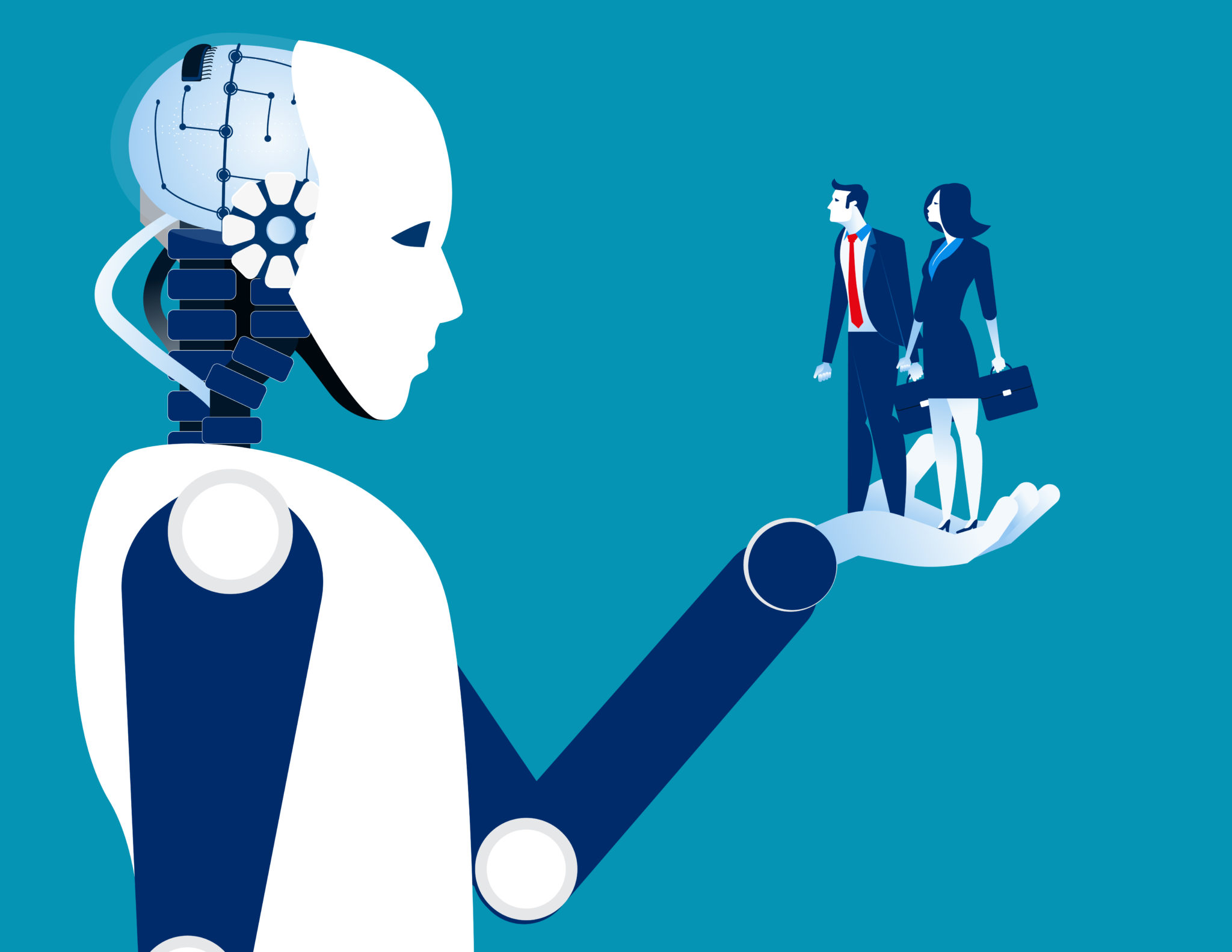
Leave a Reply